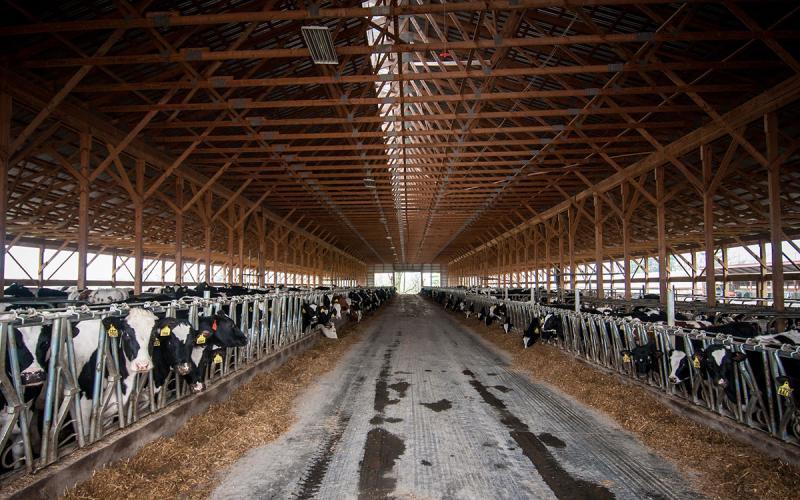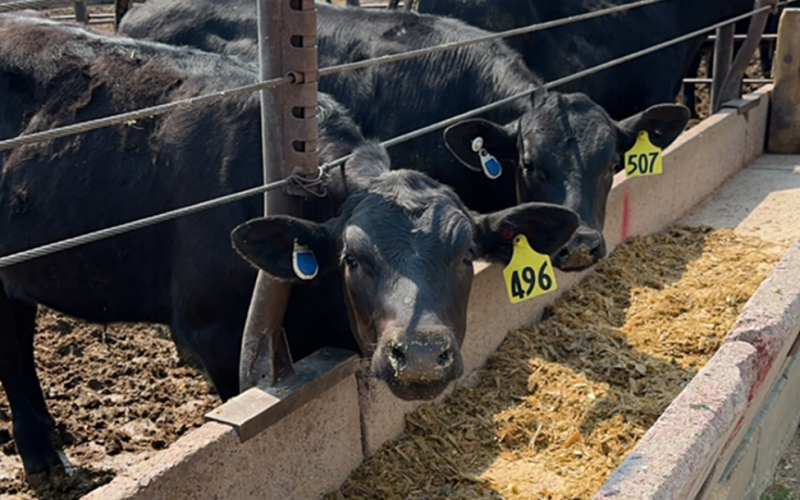BROOKINGS, S.D. - SDSU Extension will once again offer educational programming in Spanish at the 2021 Central Plains Dairy Expo (CPDE) in Sioux Falls. Maristela Rovai, Assistant Professor and SDSU Extension Dairy Specialist, along with Raul Mendoza, a South Dakota commercial dairy farm herdsman, will present "Dry Cow Therapy: Aim, Applicability and Advice" ("Terapia de Secado: Objetivo, Aplicabilidad y Recomendaciones").
"One of the most important concerns during the dry-cow period is the high gland susceptibility to intramammary infections (i.e., mastitis)," says Rovai. "It is estimated that over 40% of all antibiotics used are during the dry-off period."
To ensure cow comfort and udder health during the dry-off period, Rovai says several protocols are available that may include prophylactic antimicrobials and teat sealants. The use of these intramammary tubes requires hygiene, care and consistency at the time of application. While producers and veterinarians are responsible for choosing the best dry-off treatment for each farm, employees are accountable for ensuring protocols are followed.
"Dry cow therapy may seem simple, but it requires proper training for the employees," Rovai says.
Rovai and Mendoza will present Thursday, March 25 at 2:30 p.m. CST. Both presenters are veterinarians by training from Brazil and Mexico, respectively. The hands-on portion will include real cow udders to apply the knowledge acquired in the presentation, plus real-life examples to share with attendees.
Held at the Denny Sanford Premier Center, CPDE attracts approximately 4,000 dairy-focused individuals to the event each year. Rovai says a significant portion of farmworkers that attend are Hispanic or Latino, whose primary language is Spanish.
"When you live and work in a foreign country, you tend to enjoy the conversations and seminars presented in your native language. Some Spanish speakers are very comfortable communicating in English, however, others have to make an extra effort to communicate and follow in English," Rovai says. "As educators, we use resources to engage the audience and teach them important work-related applications. The seminar in Spanish also will attract, involve and empower Hispanic employees. The seminar will provide more knowledge and will boost employee morale within the workplace."


